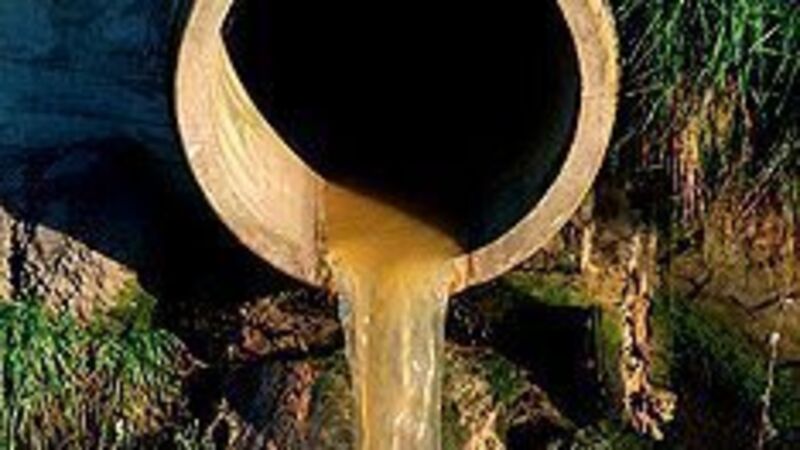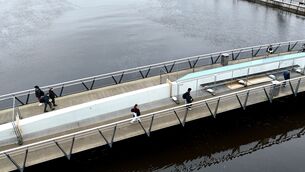Raw sewage being discharged from two Cork locations, report finds

According to the report, while progress is being made by Uisce Éireann in addressing significant issues due to aging wastewater treatment plants and related infrastructure, treatment in many areas is "still not as good as it needs to be and wastewater discharges are impacting water quality in rivers, estuaries, lakes and coastal areas".
Ballycotton and Whitegate/Aghada are among sixteen locations across the country where raw sewage is being discharged because their public sewers are not connected to treatment plants, the annual report for 2023 into urban wastewater treatment by the Environmental Protection Agency has disclosed.
According to the report, while progress is being made by Uisce Éireann in addressing significant issues due to aging wastewater treatment plants and related infrastructure, treatment in many areas is "still not as good as it needs to be and wastewater discharges are impacting water quality in rivers, estuaries, lakes and coastal areas".
“Over half of licensed treatment plants discharge wastewater that does not always meet the standards set in wastewater discharge licences to protect the environment,” the report says.
Uisce Éireann, which must ensure discharges from all treatment plants must meet the standards necessary for safe and reliable wastewater services set out in water discharge authorisations issued by the EPA, has previously said it will take over two decades to achieve those standards.
The report said Uisce Éireann must shorten this timeline and accelerate the delivery of improvements needed to meet the necessary standards.
The EPA report disclosed the Cork villages of Rathcormac and Cloyne were among 10 locations across the country to fail the EU standard for secondary treatment to remove organic matter.
The treated wastewater in these locations failed to meet basic effluent quality standards used to assess the potential for pollution.
Collecting systems at six locations across Ireland, including Cork City, Fermoy, Midleton and Mallow, need to be upgraded as a priority, the report suggests, in order to protect the environment and address the findings of 2019 case in the Court of Justice at the European Union which said that Ireland had failed to ensure wastewater collected in sewers at these locations was retained and treated.
While upgrades have been put in place in Mallow, Uisce Éireann needs to provide evidence that the system there now meets national and European Union standards.
The protection of the freshwater pearl mussel in several Cork locations is at risk if the wastewater treatment isn’t upgraded.
These locations are Ballydesmond, Kanturk, Kealkill and Lombardstown.
An upgrade has been carried out in Boherbue, Castletownroche, Cecilstown, Inchigeelagh and Mallow and monitoring is ongoing to assess if these improvements have resolved the risks to the protected species.
Uisce Éireann must expedite the overdue assessments of the impacts of wastewater of 23 designated shellfish waters and implement any improvements needed to mitigate impacts of wastewater on these environments, it says.
Among the 23 locations nationwide, there are seven in Cork – these are Baltimore Harbour/Sherkin, Cork Great Island North Channel, Glengarriff, Oysterhaven, Rostellan North, Rostellan South and Rostellan West.
The full report is available here.







 App?
App?


